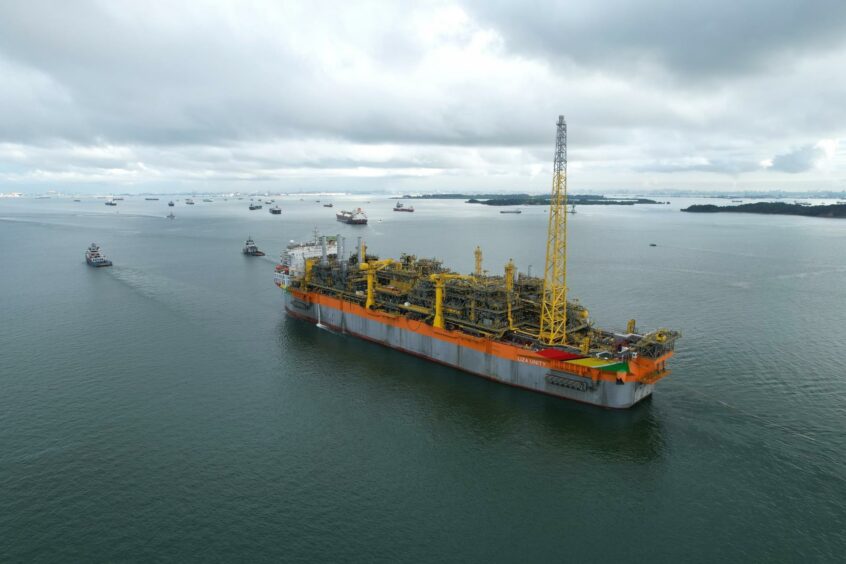
The world is emerging from the 2-year COVID pandemic. Much has changed, but much has stayed the same.
The hydrocarbon energy business has been under siege before, during, and after the pandemic.
The Russian invasion of Ukraine has exacerbated the supply side plus the underlying environmental issues. Uncertainty has escalated the oil and gas price and the demand side is a work in progress.
The various governments competing for hydrocarbon feedstock in a post COVID world have resulted in exponential cost of living increases, sharp increases in commodity prices and significant supply chain challenges.
Western Governments & Oil companies are committed to transition and net zero. In the wake of the war in Ukraine, it would appear that energy security is now the primary issue.
As demand and the supply chain is remodelled, rising costs impact the cost of living. The influence on current and near future elections in democracies is bound to influence the source of supply and the destination of investment.
Guyana Suriname Basin
Meantime The Guyana Suriname Basin keeps on giving. At the time of writing Guyana sits with reserves at 10bn boe and counting.
Suriname continues a de facto oil producer, discoveries in deep water is led by Block 58 operated by TotalEnergie. Deep water production is likely to start in 2025.
There remains a healthy interest in both deep water and shallow offshore west blocks. With a successful licensing round, Chevron has acquired Block 7 shallow water acreage.
Economically, on the back of a recent currency adjustment, with IMF support, plus a restructured economics and investment strategy, Suriname is expected to trend at $4.2bn in 2022 and $4.49bn in 2023.
ABIS Energy launched the Guyana Playbook Q1 2020 and the Suriname Playbook Q2 2021. It is time to revisit the key areas of interest and provide updates for Guyana & Suriname Continental Shelf’s, and for the Power Systems.
For Guyana and Suriname Transition and net zero has been in the conversation, but not of it. Regionally the transition net zero infrastructure investment conversation remains to be developed and matured.
For both Guyana and Suriname, the cost of energy to the domestic market will be a key policy issue creating the incentives to accelerate and consolidate economic growth. The recently signed Guyana Gas to Power Project is a game changer. Cheap reliable power, a nationally integrated distribution grid, and a coherent institutional and regulatory framework lays the foundation for future investment.
Investors in long-term regional projects need to consider the associated risks. Environmental issues are likely to become increasingly important as will risks relating to the security of supply.
Guyana and Suriname are small economies, with modest populations, and countries that have significant assets in terms of their locations and topography. It is to be hoped that they grow to be responsible investment destinations of choice.
To receive free copies of the Guyana and Suriname updates please email f.kiernan@abisenergy.com
Recommended for you

